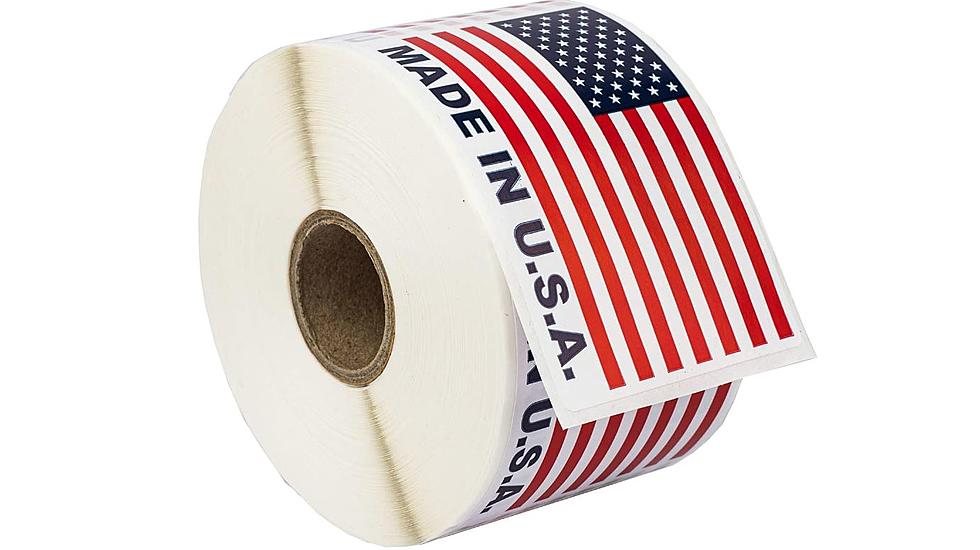
Louisiana Residents Would Get $5,000 to Shop Under New Bill
It doesn't matter whether you're at a boat show in Baton Rouge, a department store in Slidell, a gift shop in Lafayette, or a sporting goods store in Shreveport we all know it takes money if you want to be a shopper. And apparently, some members of Congress think you need to have more money in your pocket for just such activities.
The legislation is officially called The Made in the USA Tax Credit Act. You have probably guessed the legislation would not only encourage economic activity by United States consumers, it would encourage more and more manufacturers to produce their products on US soil. The legislation is proposed by members of the United States House of Representatives Ro Khanna of California and Debbie Dingell of Michigan.
The Made in the USA Tax Credit Act if passed and approved would create a refundable tax credit of $2,500 for individuals. That number would double to $5,000 for couples who choose to file jointly. The tax credits would apply to purchases that met a rigid set of standards.
The product would have to meet all of the Federal Trade Commission's "Made in the USA" standards. If you're not familiar, those standards require that a product be "all" or "virtually all" made in the United States before it will be allowed to carry the "Made in the USA" label.
The two lawmakers behind the bill say that not only will it benefit consumers but it will benefit United States companies as well. Some 70,000 factories have closed in the U.S. since 1998. These closures have meant the loss of American jobs. It is hoped that stimulation from this legislation would encourage more manufacturing in this country as opposed to shipping the work overseas.
Certain items are excluded from the legislation's criteria. Among those items are tobacco, firearms, vehicles, services, and food. The credits would only apply to individuals who earn $125,000 annually with less than $20,000 in investment income. For couples filing jointly the income level rises to $250,000 with less than $40,000 in investment income.
This legislation is currently being debated by the House Ways and Means Committee.
10 Fads of the 2000s You’ve Probably Already Forgotten
Gallery Credit: Bruce Mikells
